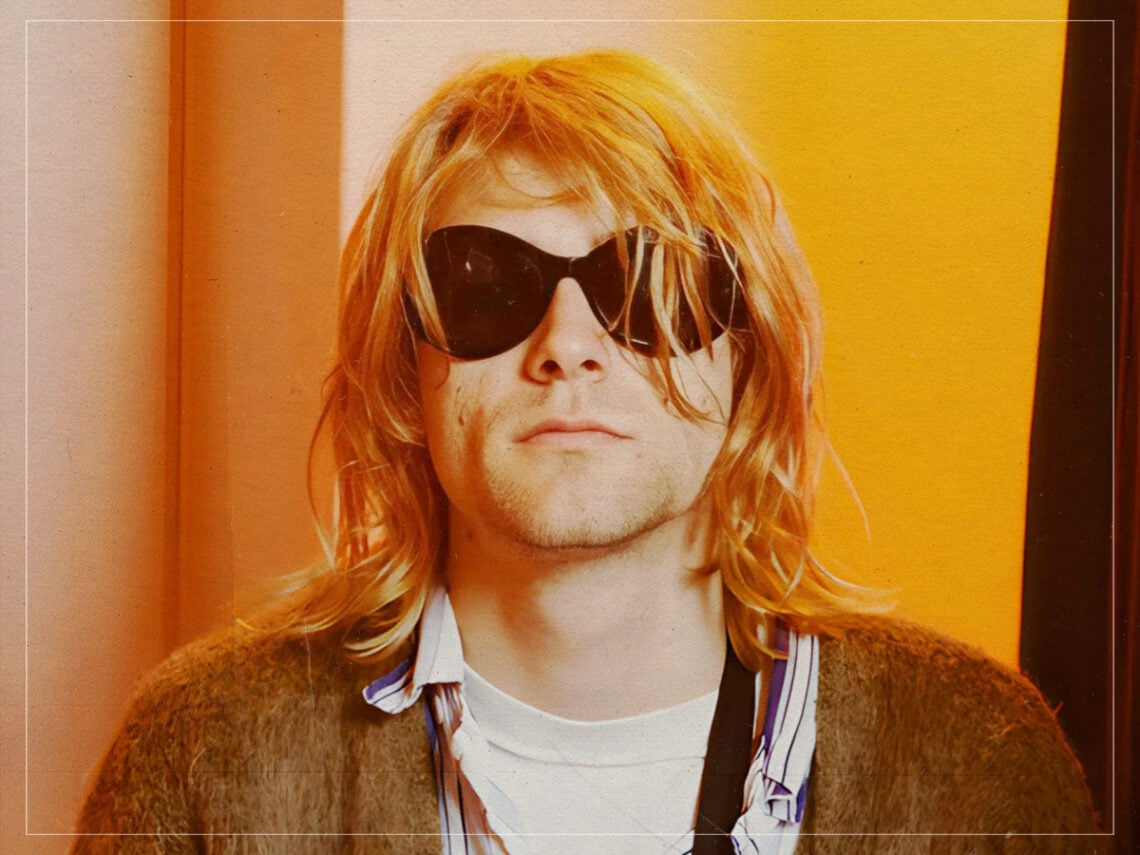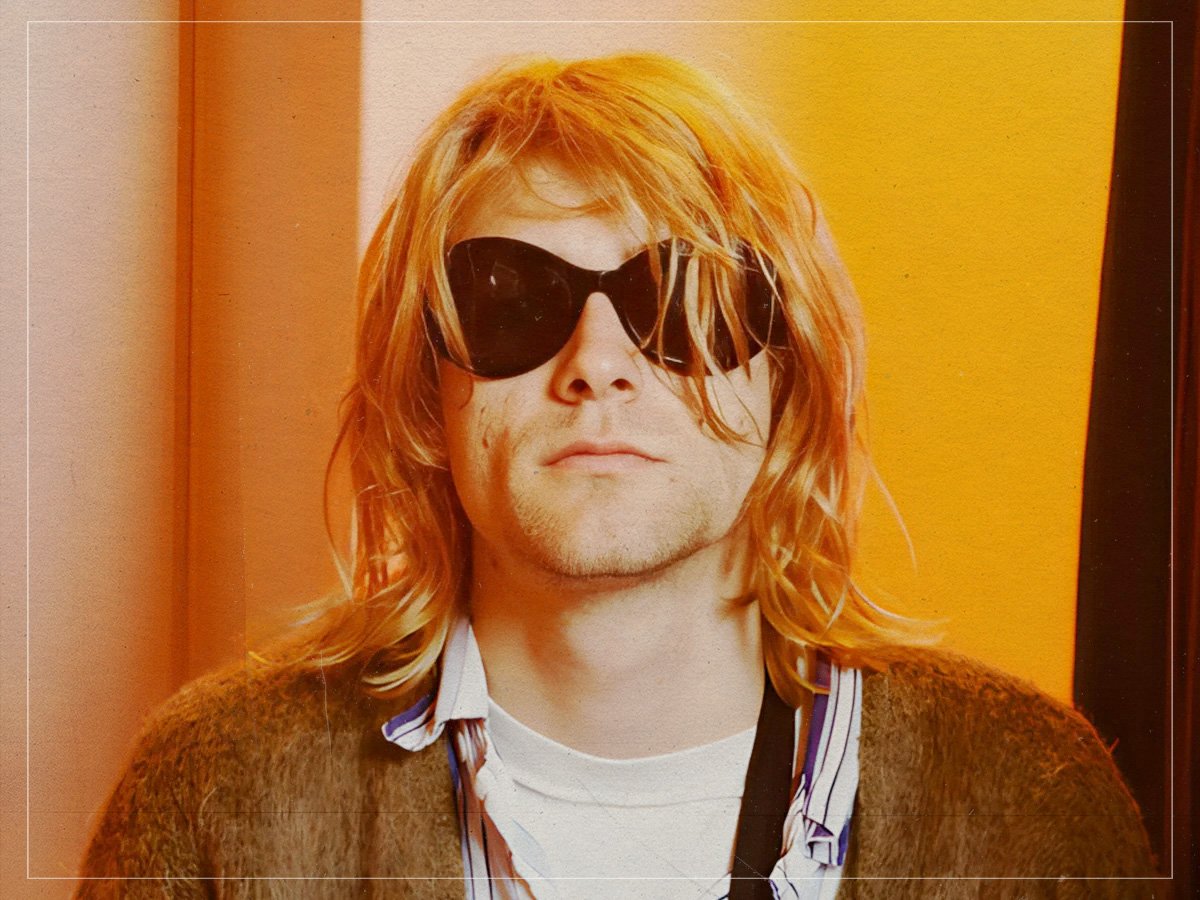
(Credits: Far Out / Nirvana)
Wed 8 October 2025 1:00, UK
Nirvana felt cut from a different cloth than many of the more effervescent rock stars out there. The 1970s and ‘80s had been defined by a period of exuberance and hedonism; by comparison, they were darker, moodier, and altogether of a distinct disposition.
This is not to say that Nirvana’s music and legacy was in any way bleak or mood-killing, but it certainly wasn’t of some of the more vivacious or glamorous styles of rock that had preceded them prior to the point that they burst on to the scene. By the time they reached the pinnacle of success in the early 1990s, the sulking savagery of alternative rock had saturated the entire industry for good, casting a large divide between the band and a selection of their supposed competitors.
If there was anyone who was more than acutely aware of this separation, it was Kurt Cobain. But, at least from an outsider’s perspective, he was never shaken by it – indeed, he seemed to completely revel in it, knowing that Nirvana were at the forefront of something totally fresh and more connected to the true heart of their audience than any of the previous carriers of the mantra of sex, drugs, and rock and roll had ever been.
Yet even though this may have been the case, the classic traits of the know-it-all frontman never die easily, and Cobain was often more than happy to point out the precise areas in which his band soared while others seemed to squander. Just take the case of his beef with Guns N’ Roses. Axl Rose may have been a fan of the Seattle rockers to begin with, but that taste quickly soured when he realised the reciprocal praise wasn’t exactly going to be forthcoming.
You see, Cobain simply didn’t vibe with the high-octane, huge production, and element of theatricality that Guns N’ Roses held in their midst – he preferred things to be real. However, a basic difference of opinion soon burrowed into something far deeper in terms of their respective hatred for one another, and it led to Cobain penning what would be considered a diss track for the LA band, by any other name.
That was ‘Gallons of Rubbing Alcohol Flowing Through the Strip’, a messy and demo-style track that ultimately appeared on Nirvana’s swan song album, In Utero. It was hardly one of the band’s more profound lyrical efforts – among notes about sex, condoms, and oddly off-the-cuff acronyms, they proclaim: You’re personally responsible for/ The entire strip to be washed away/ Cleansed as if gallons of, um, rubbing alcohol/ Flowed through the strip and were set on fire/ It didn’t just singe the hair, it made it straight.”
Of course, for a band with more than a fine mane of hair between, the thinly-veiled bullet towards Guns N’ Roses wasn’t difficult to disguise. Cobain said as much in a 1993 interview, when he explained that the song was about “the hairspray Guns N’ Roses scene that was going on in LA a few years ago”. By comparison, he was a man who seemed to prefer a bit of grit and grime in his luscious locks.
Cobain was no stranger to a bit of rock and roll drama in his time, but there was no blogger titan for him to take on, in many ways, than Guns N’ Roses. Different sounds, different eras, and different backgrounds earned them no mutual respect – because ultimately, they lived out their lives in separate worlds apart.
Related Topics
